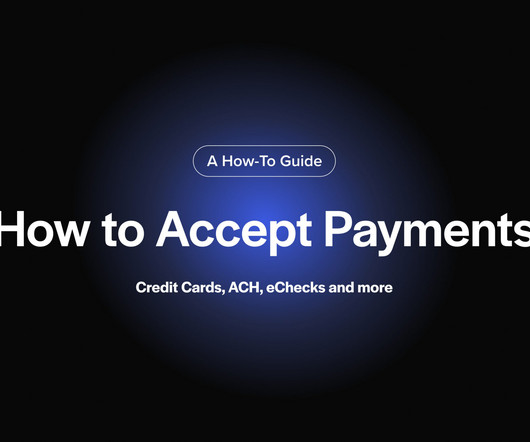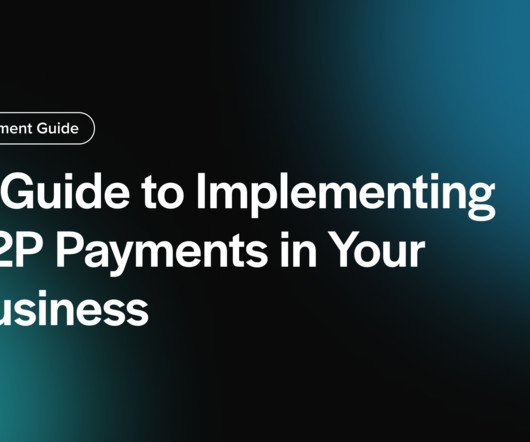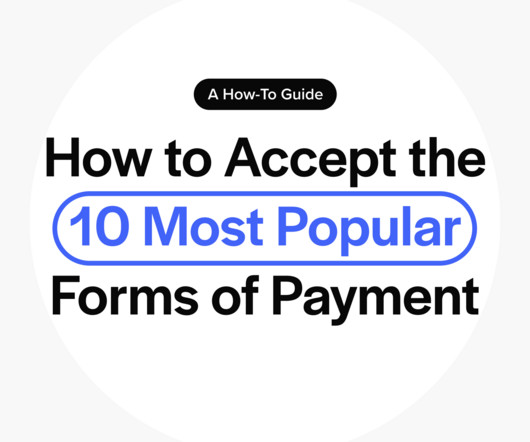Encryption vs. Tokenization for Banking and Payment Professionals
Fi911
MAY 14, 2025
Two key technologies, Encryption and Tokenization, are at the forefront of safeguarding sensitive information. This blog will explore the fundamentals of encryption and tokenization, their differences, use cases in the banking and payment industries, as well as their benefits and limitations. What Is Encryption? databases).




















Let's personalize your content